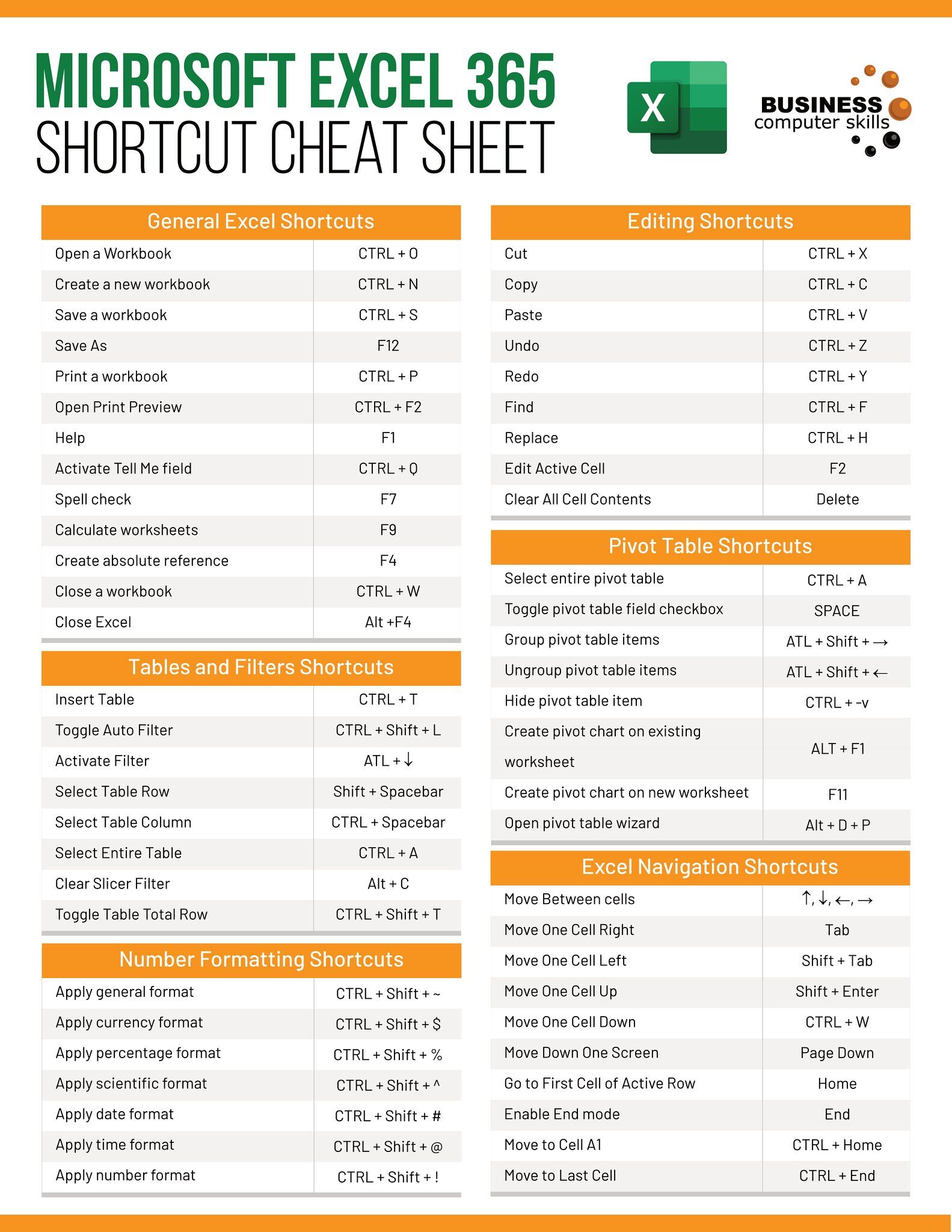5 Steps to Sell Your Internet Business Paperwork

In the fast-paced world of internet businesses, understanding how to sell your venture effectively is crucial for those looking to move on to new opportunities. Whether you're an experienced entrepreneur or a first-time business owner, the process of selling can be daunting. This post outlines the key 5 steps necessary to successfully sell your internet business with all the paperwork in order.
The Initial Valuation of Your Business


Before listing your business for sale, you need to accurately assess its worth. Here’s what you should focus on:
- Financial Statements: Gather your profit and loss statements, balance sheets, and cash flow statements to provide a clear picture of your financial health.
- Traffic and Analytics: If your business relies on web traffic, understanding your unique visitor count, bounce rate, and other analytics can significantly impact its value.
- Business Model: Evaluate your revenue streams, customer acquisition costs, and retention rates. A business with recurring revenue might be more attractive to buyers.
🔍 Note: Employ a business valuation tool or engage with a valuation expert to get an unbiased estimate of your business’s worth.
Preparation of Documentation


Having all your documents in order is vital for instilling confidence in potential buyers. Consider preparing:
- Legal Documents: Include business registration certificates, tax documents, leases, contracts, and any intellectual property rights.
- Financial Records: Offer thorough financial history for at least the last 3-5 years.
- Employee Information: Provide details on employee contracts, roles, and any HR-related documentation.
Listing Your Business


Now that your documents are ready, listing your business for sale requires strategic positioning:
- Online Business Marketplaces: Websites like Flippa or BizBuySell can attract a wide audience.
- Industry-Specific Platforms: Look for forums, groups, or associations where your business’s potential buyers might congregate.
- Brokers: Engaging a broker can open up networks that might not be accessible otherwise.
Negotiation and Due Diligence


When a buyer expresses interest, you enter the negotiation and due diligence phase:
- Confidentiality Agreements: Ensure potential buyers sign an NDA to protect sensitive information.
- Initial Offers: You might receive several offers. Evaluate each on terms, price, and buyer’s background.
- Due Diligence: Buyers will conduct a thorough review. Ensure you’re prepared with all necessary documentation to support your business valuation.
Closing the Deal


Once negotiations have led to a satisfactory agreement, here’s how to finalize the sale:
- Legal Agreements: Draft or revise sales agreements, asset transfer documents, and non-compete clauses as required.
- Payment Methods: Securely manage the transfer of funds through escrow or directly with your buyer’s consent.
- Transition Plan: Outline how the transition will occur to ensure a smooth handover to the new owner.
✍ Note: Consider having a professional, like an attorney, review the final agreements to avoid any legal pitfalls.
In summary, selling your internet business involves several critical steps, from valuation to closing the deal. Accurate valuation sets the stage for a successful sale, while thorough preparation of documentation can alleviate concerns of potential buyers. Leveraging the right platforms and employing experienced intermediaries can lead to better visibility and better offers. The negotiation phase is your opportunity to secure the best deal, and the final step of closing ensures that all aspects are covered, providing a seamless transition for both seller and buyer. Navigating this process with care and diligence ensures that your business sale is not only lucrative but also leaves a lasting positive impression on your entrepreneurial journey.
How can I determine the value of my internet business?

+
Valuing an internet business involves looking at several factors like revenue, profitability, customer base, growth potential, and market comparables. Tools like a discounted cash flow analysis or employing a professional valuator can help derive an accurate figure.
What are some common red flags for buyers when purchasing an internet business?

+
Red flags could include inconsistent financials, high reliance on the owner for operations, poor documentation, lack of transparency, or a business with declining revenues. Addressing these concerns can make your business more appealing.
How long does the process of selling an internet business typically take?

+
The time frame can vary widely. From preparation to closing, expect anywhere from a few months to over a year. It depends on market conditions, business complexity, and how prepared you are in terms of documentation and deal terms.



